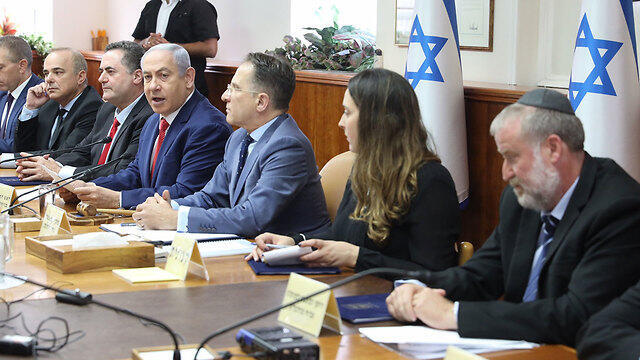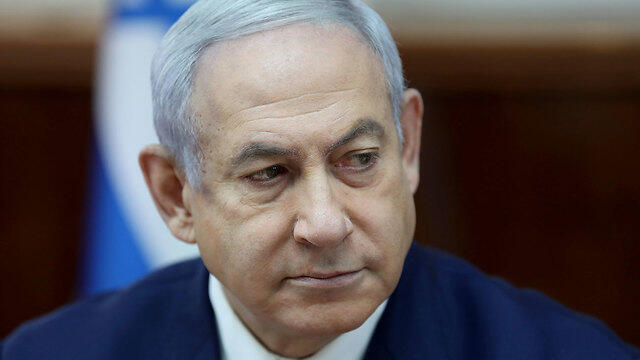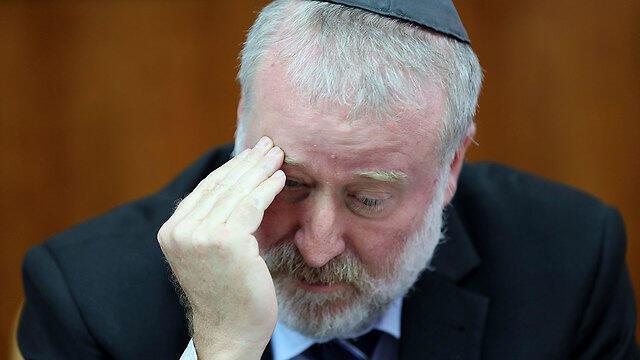Getting your Trinity Audio player ready...
Prime Minister Benjamin Netanyahu's cabinet approved draft legislation on Sunday to have cameras monitor polling stations in Israel's election next week, a move opponents said was effectively meant to intimidate Arab voters.
and Twitter
Fighting for political survival after an inconclusive ballot in April, the right-wing Netanyahu has made voter fraud a key issue in his campaign for a fifth term, cautioning that victory could be stolen from him in what polls show to be a close race.
In the previous election, Netanyahu's Likud party sent monitors equipped with body cameras to a several polling stations with Arab constituents in what Arab politicians described as voter intimidation.
On election days in Israel, representatives of most parties sit at venues to check the pre-vote identification process. Voters are then handed an envelope and go behind a screen to cast their ballot in private.
Addressing his cabinet on Sunday, Netanyahu said that under the legislation, which will go to parliament for approval before the September 17 election, monitors will be able to use their cellular telephone cameras to record outside of the actual voting booth.
"Everyone films," Netanyahu said in public remarks at the meeting. "Any shop is filmed by cameras, so the polling stations are the only places where you can't film?"
In his comments to the cabinet, which government officials said approved the legislation unanimously, Netanyahu pledged: "The secrecy of the vote will be strictly preserved."
Ayman Odeh, head of the Arab Joint List party, said on Twitter that Netanyahu's focus on the issue of voter fraud was aimed at "triggering a panic vote" by his supporters on the right and "suppressing the Arab vote".
"(Netanyahu) is preparing the ground for the day he declares, 'Arabs have stolen the elections', and contests the results if he loses," Odeh said.
Yair Lapid, co-leader of the centrist Blue and White Party, which is running neck-and-neck with Likud in polls, alluded to the impact the deployment of cameras might have on Arab voter turnout, describing the bill as "racist" in comments on Twitter.
Arabs make up 21 percent of Israel's population and generally vote not for Likud but for their own Arab parties or centrist or left-wing Jewish parties.
The proposed bill was opposed by the head of the Central Election Commission that oversees the vote, who said the last-minute introduction of cameras might "lead to chaos".
Attorney General Avichai Mandelblit, who advises the cabinet on legal issues, also came out against the legislation, saying it could violate laws ensuring voters' privacy.
For that reason, most Western democracies have restrictions on the use of cameras at ballot stations.
Two weeks after the election, Mandelblit will hold a pre-trial hearing in which Netanyahu can argue against his announced intent to indict him in three corruption cases. Netanyahu, in office for the past 10 years, has denied any wrongdoing.




